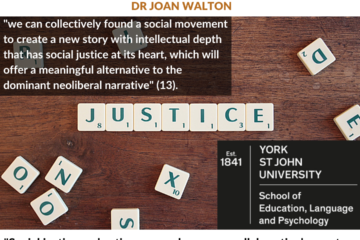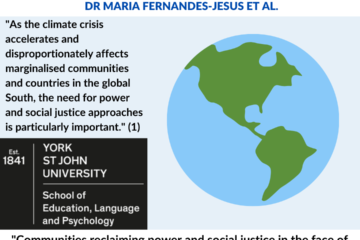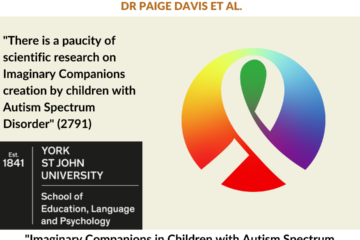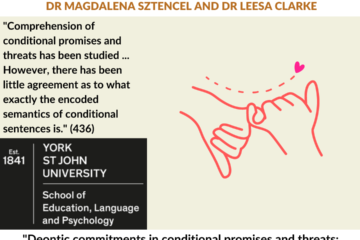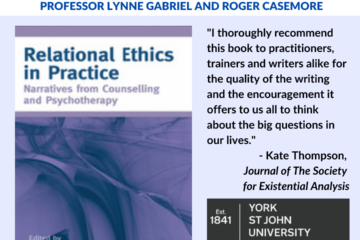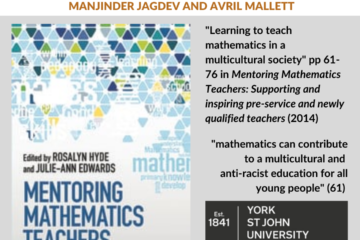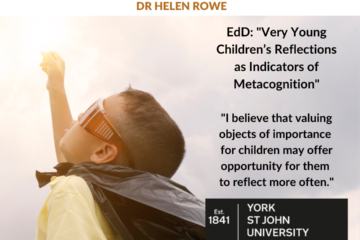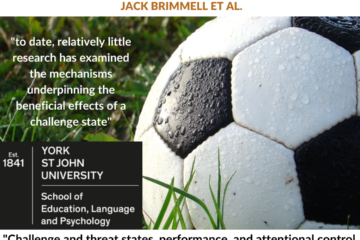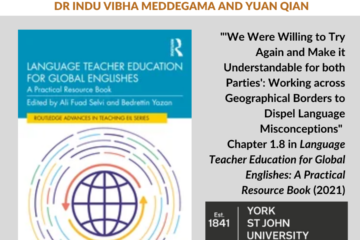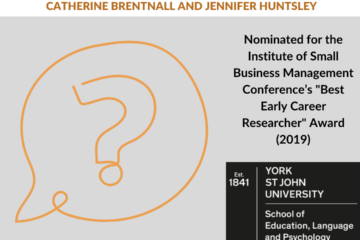“Social justice and action research” – Dr Joan Walton
Quantum physics opens up the possibility of a new, participatory worldview; a worldview which proposes that we live in a universe where separation is an illusion, where participation means much more than the interaction of individuals, and where social justice is an ontologically significant principle embedded in reality. – Dr Read more…
